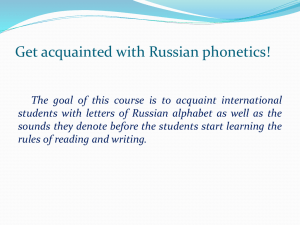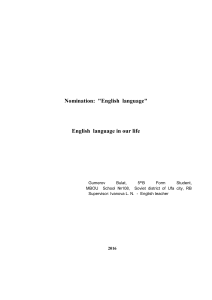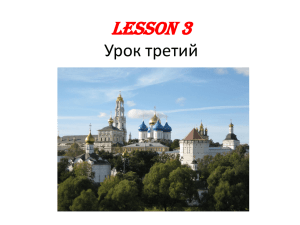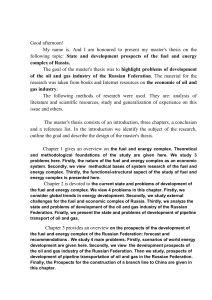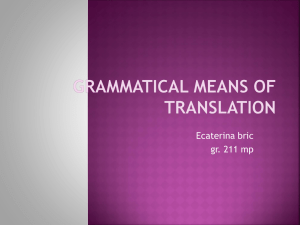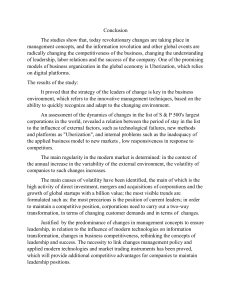FALSE FRIENDS OF A TRANSLATOR
advertisement

FALSE FRIENDS OF A TRANSLATOR The actuality of our research consists in the fact that both interpreters and students make a number of mistakes while doing translations. An interpreter should possess the knowledge of stylistic, emotionally-expressive, grammatical characteristics and the peculiarities of lexical combinatory of words, as grammatical and phonetic similarity of languages doesn’t guarantee the quality of translation. The aim of the work is to define the problems of the phenomenon “false friends of an interpreter”. To reach the aim it’s necessary to fulfill the following points: To define the categories of language vocabulary; To define the essence and the sources of the origin of the phenomenon “false friends of a translator”; To carry out the comparative analysis of lexical units in the process of translation The words which are alike phonetically and have the same place of stress Russian Бизнес Файл Док Элеватор English Business File Dock Elevator But most English words with Russian equivalents differ in the place of stress English Russian Interval интервал Period период Problem проблема Secret секрет In some cases English words are similar to Russian ones only in spelling. But are different in reading Russian English Климат Climate Пилот Pilot Радио Radio According to the meaning of borrowed international words which they got in communication, they can be divided into three categories: • Words with socially-political and scientific meaning; • Words meaning general and specific notions; • “False friends of a translator” The words with socially-political and scientific meaning Russian Революция Республика Конституция Культура Территория Центр English Revolution Republic Constitution Culture Territory Centre As a result of science and technology progress such words appeared: Russian Спутник Компьютер Интернет English Sputnik Computer The Internet Words meaning general and specific notions “industria” as “индустрия” “промышленность” and “industrial” “индустриальный” in stead of “промышленный” “comfortable” “удобный” instead of “комфортабельный” “person” as “лицо, человек” but not “персона” There are four types of “false friends of a translator”: • Words and expressions meaning different things in both languages (application-анкета кандидата на должность; аппликация- in Russian; anecdote-случай из жизни; анекдот- in Russian) • Words and expressions which are partially similar in meaning (apartment- квартира; апартаменты- in Russian; auditorium- зрительный зал; аудитория- Russian) • Words and expressions similar in meaning but different in style and in sphere of using (cable- канат, трос; кабель) • Words and expressions similar in meaning in both languages but in some expressions their meanings become completely different (experience- ощущение; опыт. Но: проводить опыты; mystery- тайна, загадка. Но: загадать загадку). The main reasons for the mistakes are: • The relation of similarity in sounding or functioning (“ammunition”заряды, боеприпасы; can be translated as “амуниция, снаряжение военнослужащего”) • Interlanguage homonyms or paronyms (“mark”-“марка” and “family”-“фамилия”) For an adequate translation a specialist should take into consideration the general idea of a sentence, the specifics of lexical combinatory of words, the style and the general contents of a text.
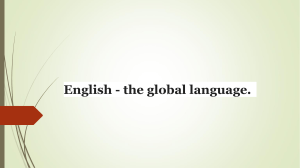
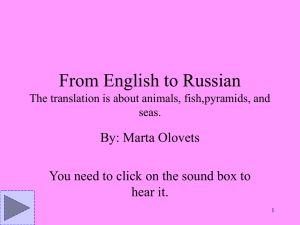
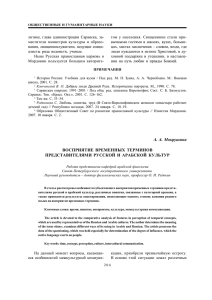
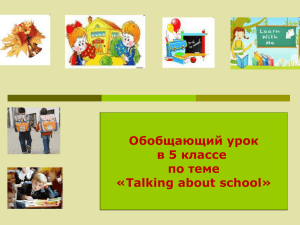
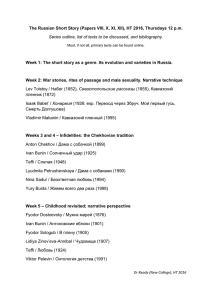
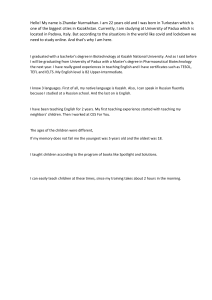
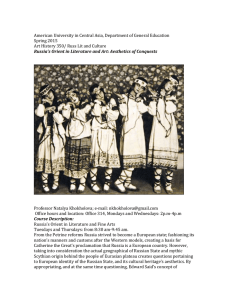
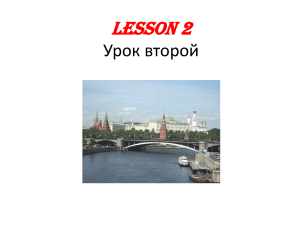
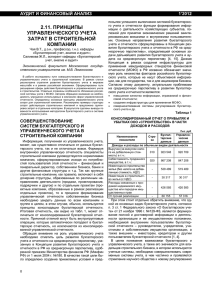
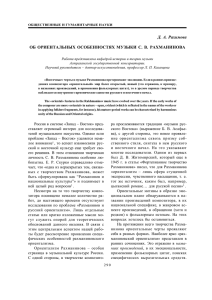
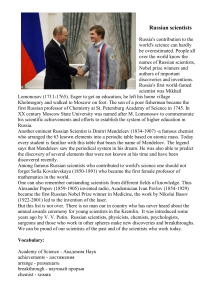
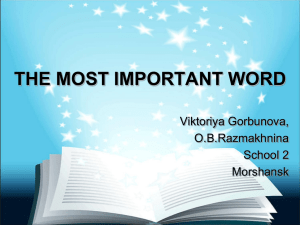
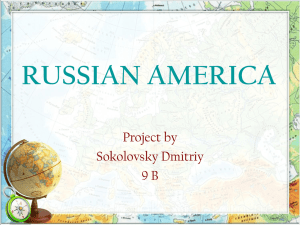
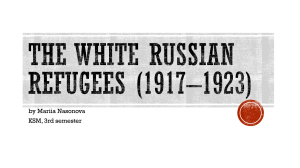
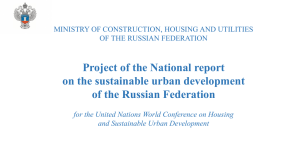
![[N[N]] - University of Oregon](http://s1.studylib.ru/store/data/005078930_1-91d3a60c2ee74894ae2e474f46cc8471-300x300.png)
